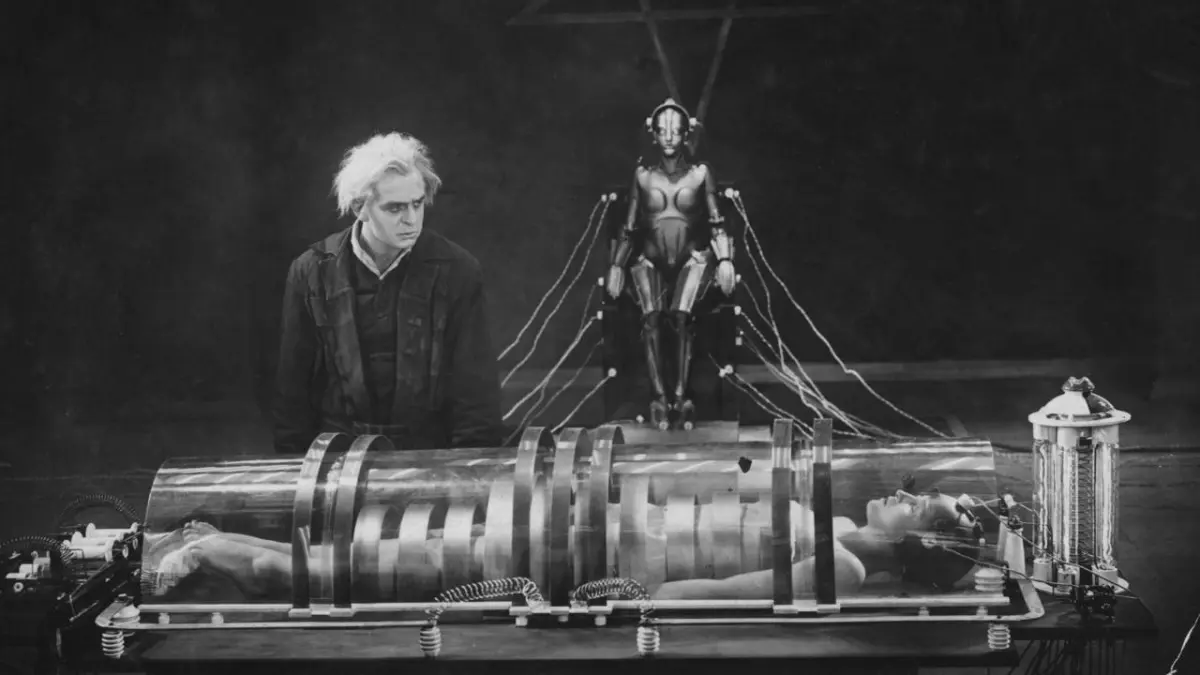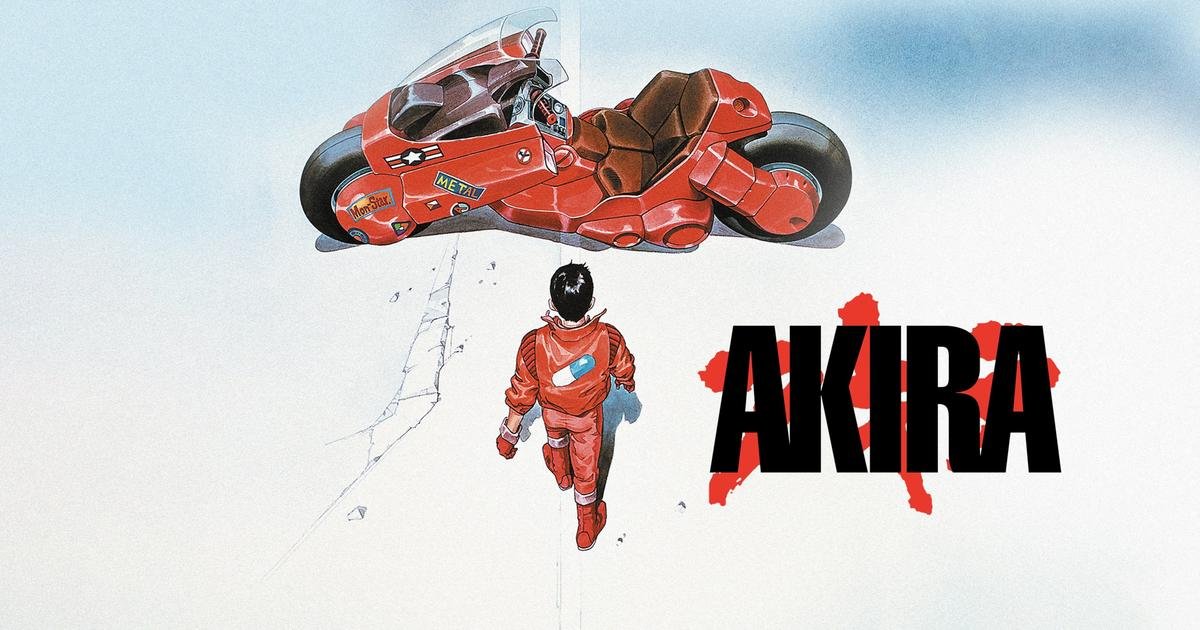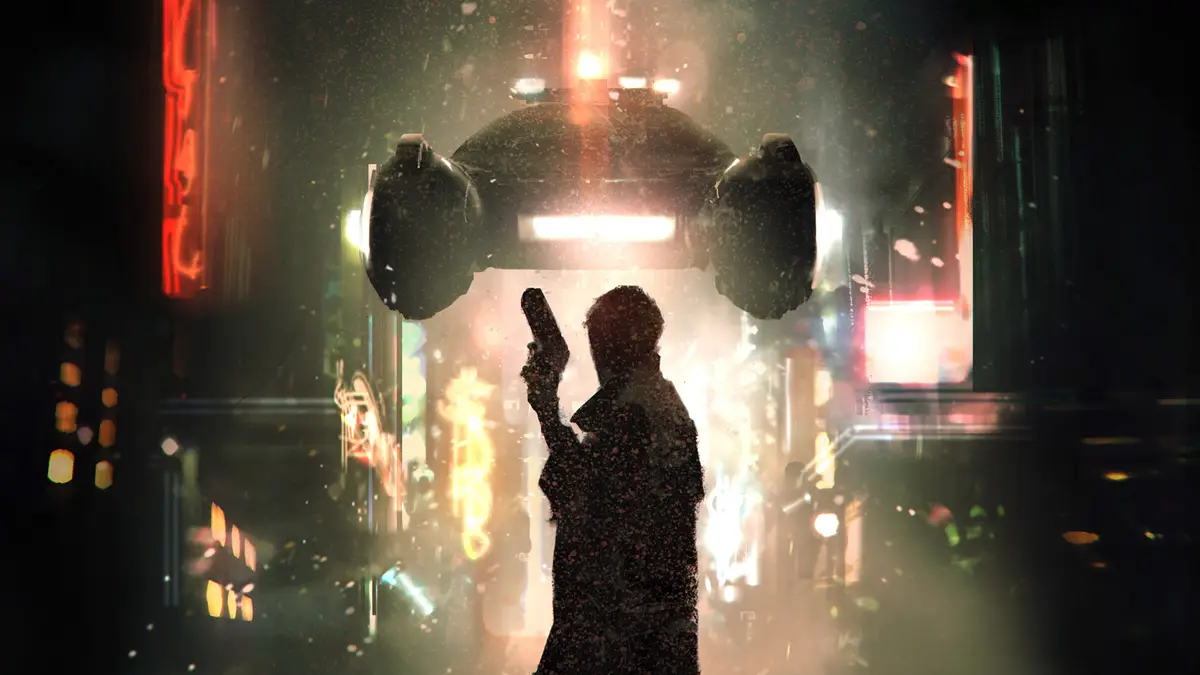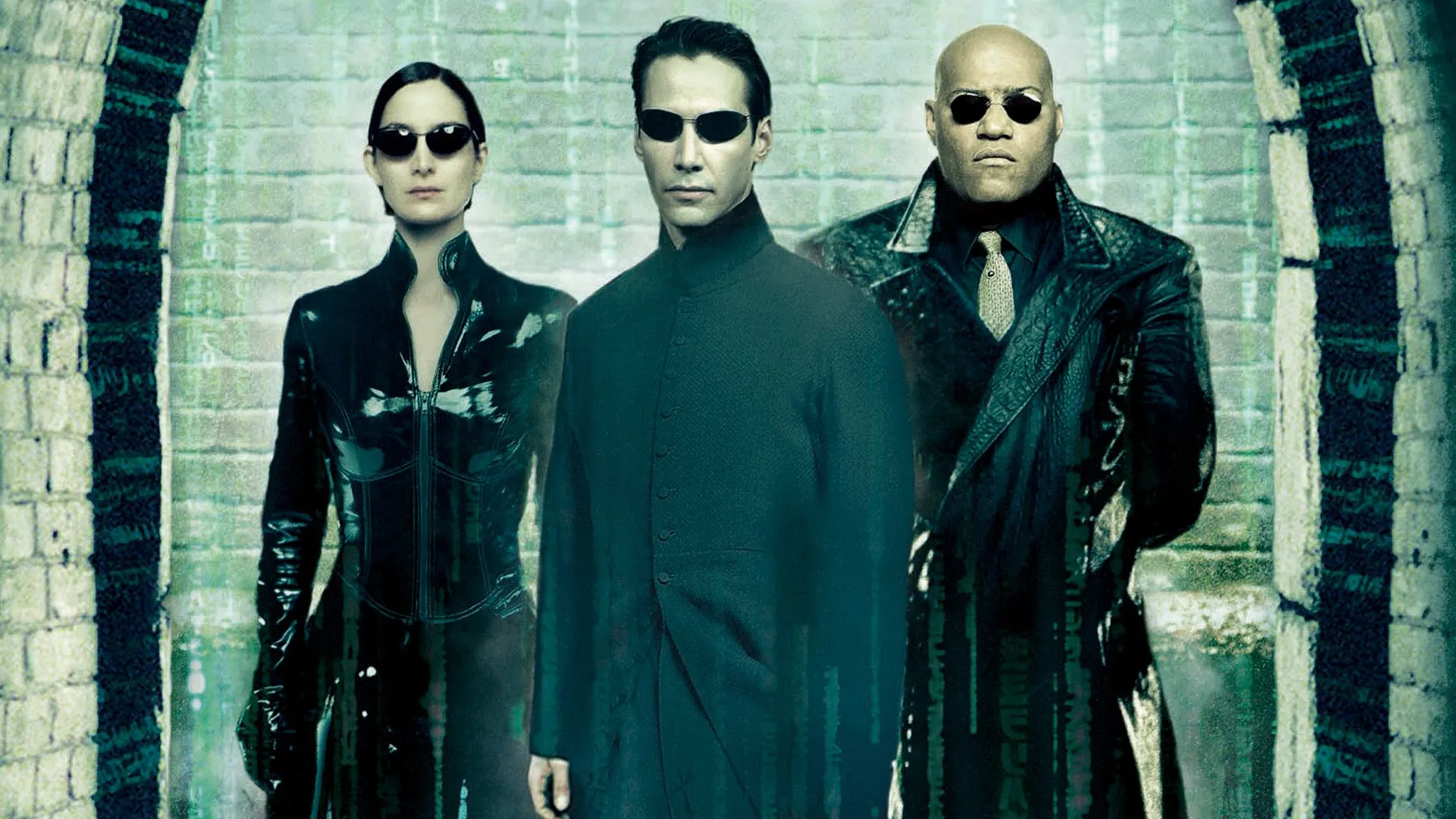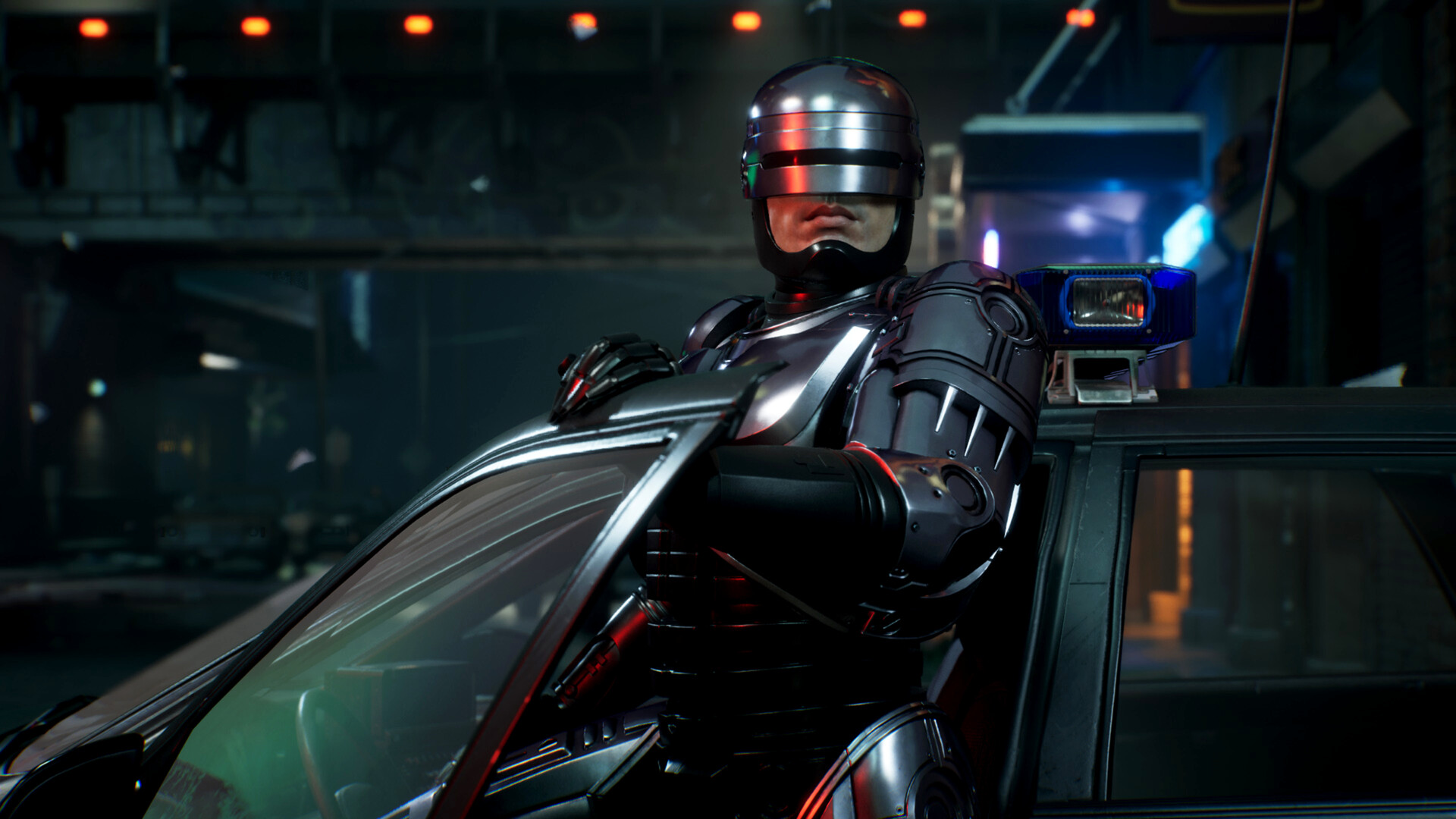The Best Cyberpunk Movies And Futuristic Dystopias
Cyberpunk, a genre blending science fiction, technology, and societal upheaval, has captivated audiences for decades. In the realm of cinema, several films stand out as exemplary representations of the cyberpunk aesthetic. Let's delve into the best cyberpunk movies that have left an indelible mark on the genre.
Feb 07, 20242 Shares63 Views
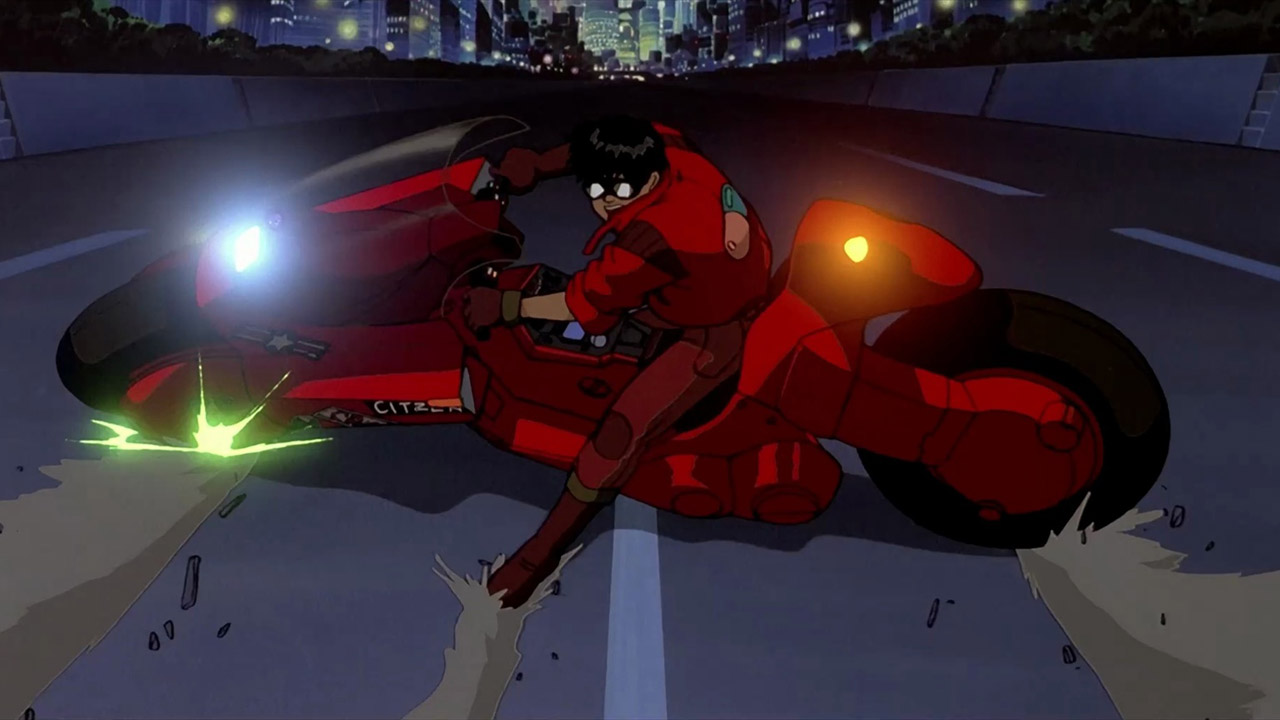
Cyberpunk, a genre blending science fiction, technology, and societal upheaval, has captivated audiences for decades. In the realm of cinema, several films stand out as exemplary representations of the cyberpunk aesthetic. Let's delve into the best cyberpunk moviesthat have left an indelible mark on the genre.
Metropolis (1927)
Metropolis, directed by the visionary Fritz Lang in 1927, stands as a groundbreaking achievement in the history of cinema. This silent science fiction epic not only laid the foundation for the dystopian genre but also showcased Lang's unparalleled cinematic vision and storytelling prowess.
The Dystopian Vision
In Metropolis, Lang introduces us to a towering, futuristic city sharply divided between the opulent upper class and the oppressed working class. The stark social stratification and industrialization depicted in the film mirrored the anxieties of the early 20th century, offering a chilling reflection of the rapidly changing world.
Visual Innovation
One of the film's most enduring legacies lies in its visual brilliance. Lang's team created a sprawling, intricate cityscape that became a benchmark for future science fiction films. The use of miniatures, matte paintings, and pioneering special effects techniques of the time elevated Metropolisto a level of visual sophistication rarely seen before in cinema.
Iconic Imagery
The character of Maria, played by Brigitte Helm, embodies the heart of Metropolis. From her iconic transformation into a robot to the mesmerizing scenes within the Machine-Man, the film's visual narrative unfolds through unforgettable imagery that continues to influence filmmakers and artists to this day.
Social Commentary
At its core, Metropolis is a social commentary on the dehumanizing impact of industrialization and class disparity. The exploitation of workers in the depths of the city's machinery and the contrast with the elite above ground serves as a powerful allegory for the societal challenges of the time.
Legacy And Influence
Metropolis left an indelible mark on cinema, influencing generations of filmmakers and becoming a cultural touchstone for the science fiction genre. Its aesthetic echoes can be seen in later dystopian classics like Blade Runner and The Matrix, showcasing the enduring impact of Lang's vision.
Restorations And Rediscovery
Over the years, efforts to restore Metropolisto its original glory have revealed lost footage and allowed modern audiences to experience the film as Lang intended. The ongoing restoration work underscores the importance of preserving cinematic treasures, ensuring that Metropolis continues to inspire and captivate audiences for generations to come.
Akira (1988)
Released in 1988 and directed by Katsuhiro Otomo, Akira is a tour de force in the realm of cyberpunk anime. Set against the backdrop of a post-apocalyptic Tokyo teetering on the edge of destruction, the film goes beyond the conventional boundaries of animated storytelling.
A Dystopian Tokyo
In Akira, Otomo presents a visually stunning and gritty vision of Tokyo ravaged by war and corruption. The city becomes a character in itself, a canvas upon which the narrative unfolds. The post-apocalyptic setting, marked by dilapidated structures and chaotic cityscapes, serves as a stark reflection of societal decay.
Government Experimentation
At the heart of the narrative lies a government experiment gone awry. The discovery and subsequent harnessing of psychic powers in the form of the mysterious "Akira" trigger a cataclysmic chain of events. The film explores the consequences of unchecked scientific ambition and the ethical implications of manipulating extraordinary abilities for political gain.
Political Corruption
Akira delves into the underbelly of political corruption, revealing a society plagued by power struggles and moral decay. The government's pursuit of control and its willingness to sacrifice the well-being of its citizens add layers of complexity to the narrative, transcending the traditional boundaries of animated storytelling.
Detailed Animation
Renowned for its meticulous animation, Akira remains a visual spectacle that has stood the test of time. The attention to detail in character design, cityscapes, and action sequences is a testament to the dedication and artistry of the animation team. Each frame is a work of art, contributing to the film's immersive and visceral experience.
Intense Storytelling
The narrative of Akira unfolds with a relentless intensity, weaving a complex tapestry of themes ranging from friendship and betrayal to the consequences of unrestrained power. The film's ability to balance intricate storytelling with jaw-dropping visuals solidifies its status as a seminal work that transcends the anime genre.
Global Inspiration
Akira has left an indelible mark on the global cinematic landscape, inspiring filmmakers and artists across diverse mediums. Its influence can be traced in the works of directors, animators, and creatives who have been captivated by the film's thematic depth and artistic innovation.
Blade Runner (1982)
Blade Runner, directed by Ridley Scott and released in 1982, stands as a monumental achievement that not only defined the cyberpunk genre but also left an indelible mark on cinematic history. Adapted from Philip K. Dick's thought-provoking novel, "Do Androids Dream of Electric Sheep?", the film catapulted audiences into a dystopian future, unraveling complex themes of artificial intelligence and the essence of humanity.
Exploring Ethical Quandaries
At its core, Blade Runner is a profound exploration of the ethical implications surrounding artificial intelligence. The narrative unfolds in a future where advanced humanoid robots, known as replicants, challenge the very definition of what it means to be human. As Rick Deckard, played by Harrison Ford, hunts down these beings, the film prompts audiences to reflect on the moral and existential questions raised by the blurring line between man and machine.
Atmospheric Neo-Noir Setting
The film's atmospheric neo-noir setting is a testament to Ridley Scott's visionary direction. The rain-soaked, neon-lit streets of Los Angeles in 2019 create a palpable sense of dystopia, immersing the audience in a world where technology and decay coexist. The visual aesthetic, influenced by film noir, enhances the film's thematic depth and contributes to its timeless allure.
Vangelis' Iconic Score:
One cannot discuss Blade Runner without acknowledging the transformative impact of Vangelis' score. The electronic and atmospheric soundtrack not only complements the film's visual richness but elevates it to a cinematic symphony. Vangelis' music, with its haunting melodies, adds emotional depth to the narrative and has become synonymous with the cyberpunk genre.
Influence On Filmmakers
Blade Runner's profound impact on filmmaking is undeniable. Its visual and thematic elements have become a blueprint for subsequent cyberpunk works. Directors and writers, inspired by Scott's vision, have sought to capture the same blend of technological awe and existential contemplation that defines this pioneering masterpiece.
Cultural And Philosophical Legacy
Beyond its cinematic achievements, Blade Runner has embedded itself in popular culture as a thought-provoking classic. The film's exploration of identity, consciousness, and the consequences of playing god with artificial life has spurred countless debates and academic discussions, solidifying its status as a work of enduring philosophical significance.
The Matrix (1999)
In 1999, the Wachowskis unleashed The Matrix upon the world, forever altering the landscape of both sci-fi and cyberpunk genres. This groundbreaking film transcended traditional cinematic boundaries, challenging perceptions of reality, consciousness, and the very nature of existence.
The Matrix
The Matrix introduces audiences to a dystopian world where artificial intelligence has enslaved humanity by imprisoning minds in a simulated reality. The iconic visual of people plugged into a vast computer network serves as a metaphor for the film's exploration of a society unknowingly controlled by external forces.
Neo And The Chosen One
At the heart of the narrative is Neo, portrayed by Keanu Reeves, who discovers his destiny as "The One" capable of challenging the Matrix's artificial constraints. Neo's journey from a computer programmer to a savior represents the archetypal hero's journey, with elements of self-discovery, rebellion, and the acceptance of a higher purpose.
Bullet Time And Visual Innovation
The Matrix introduced the groundbreaking "Bullet Time" technique, revolutionizing action sequences in cinema. The slowed-down, acrobatic choreography during fight scenes, combined with innovative camera work, became a visual signature of the film and a benchmark for subsequent action movies.
Philosophical Depth
Beyond its action-packed surface, The Matrix delves into profound philosophical questions. The concept of the simulated reality prompts viewers to question their own perceptions of the world, reality, and the nature of existence. The film draws inspiration from various philosophical and religious ideas, adding layers of complexity to its narrative.
Cultural Impact In Society
The red pill/blue pill dichotomy presented in the film has become a cultural metaphor for confronting uncomfortable truths. The choice Neo faces between accepting reality and living a comfortable illusion resonates beyond the screen, symbolizing personal awakening and the pursuit of truth in the face of societal illusions.
Iconic Characters
The Matrix introduces a memorable cast of characters, each contributing to the film's richness. Morpheus, played by Laurence Fishburne, serves as a mentor guiding Neo. Trinity, portrayed by Carrie-Anne Moss, exemplifies strength and resilience. Agent Smith, played by Hugo Weaving, becomes an iconic antagonist, representing the relentless force of the system.
RoboCop (1987)
In the gritty and dystopian Detroit of 1987, director Paul Verhoeven introduced audiences to a groundbreaking blend of science fiction, action, and social commentary with RoboCop. This iconic film not only left an indelible mark on the cyberpunk genre but also became a cultural touchstone, exploring themes of corporate greed, justice, and the merging of man and machine.
A Bleak Detroit
RoboCop paints a bleak picture of a crime-ridden and economically devastated Detroit. The city serves as a canvas for the film's social commentary, reflecting the fears and anxieties of the 1980s regarding urban decay, corporate dominance, and the erosion of law and order.
Corporate Greed And OCP
At the heart of the narrative is the omnipresent Omni Consumer Products (OCP), a mega-corporation that sees crime as an opportunity for profit. The film satirizes corporate greed and the privatization of public services, portraying OCP as a malevolent force willing to sacrifice humanity for financial gain.
Alex Murphy's Transformation
The protagonist, Alex Murphy, portrayed by Peter Weller, undergoes a brutal transformation from a dedicated police officer to the cybernetic avenger known as RoboCop. The film explores the ethical implications of merging man with machine, questioning the boundaries between humanity and technology.
Satirical Tone
RoboCop is celebrated for its satirical tone and dark humor, blending intense action with sharp social critique. The commercials and media snippets interspersed throughout the film provide a satirical commentary on consumer culture, media sensationalism, and the dehumanizing effects of corporate influence.
The Enforcement Droid Series
The Enforcement Droid Series 209(ED-209) stands out as a formidable mechanical antagonist. Its malfunction during a demonstration becomes a memorable and brutal moment in the film, highlighting the dangers of unchecked technological power.
Directorial Flair
Paul Verhoeven's direction infuses RoboCopwith a distinctive visual style and narrative flair. The film's blend of visceral action, social satire, and philosophical exploration distinguishes it as a unique entry in the cyberpunk genre.
Cultural Impact
RoboCop became an instant cultural icon, with the titular character entering the pantheon of memorable cinematic figures. The film's impact extends beyond the screen, influencing subsequent works in the genre and sparking discussions about the role of technology and cybersecurity.
Cyberpunk Movies - FAQs
Is There Any Cyberpunk Movies?
There are numerous cyberpunk movies. Some notable examples include "Blade Runner" (1982), "The Matrix" (1999), "Akira" (1988), "Ghost in the Shell" (1995), and "Neuromancer" (an upcoming adaptation as of my last update).
Is There Going To Be A Cyberpunk Movie?
CD Projekt Red has joined forces with Anonymous Content Studios for the collaborative development of the project. As of now, no directors or screenwriters have been confirmed for the upcoming live-action adaptation of the Cyberpunk 2077 TV show or movie.
What Is The First Cyberpunk Movie?
The term "cyberpunk" was popularized in the 1980s, and one of the earliest and most influential films often considered as a precursor to the cyberpunk genre is "Blade Runner" (1982), directed by Ridley Scott. While not explicitly labeled as cyberpunk at the time, its themes and aesthetics align closely with the genre.
Conclusion
These cyberpunk films, each with its distinct vision of a dystopian future, have left an indelible mark on the genre. From the neon-soaked streets of Blade Runner to the mind-bending reality of The Matrix, these movies continue to shape our perception of technology, humanity, and the dark, immersive worlds that lie ahead. As the genre evolves, these timeless classics and upcoming adaptations ensure that cyberpunk remains a compelling and enduring cinematic experience.
Latest Articles
Popular Articles
